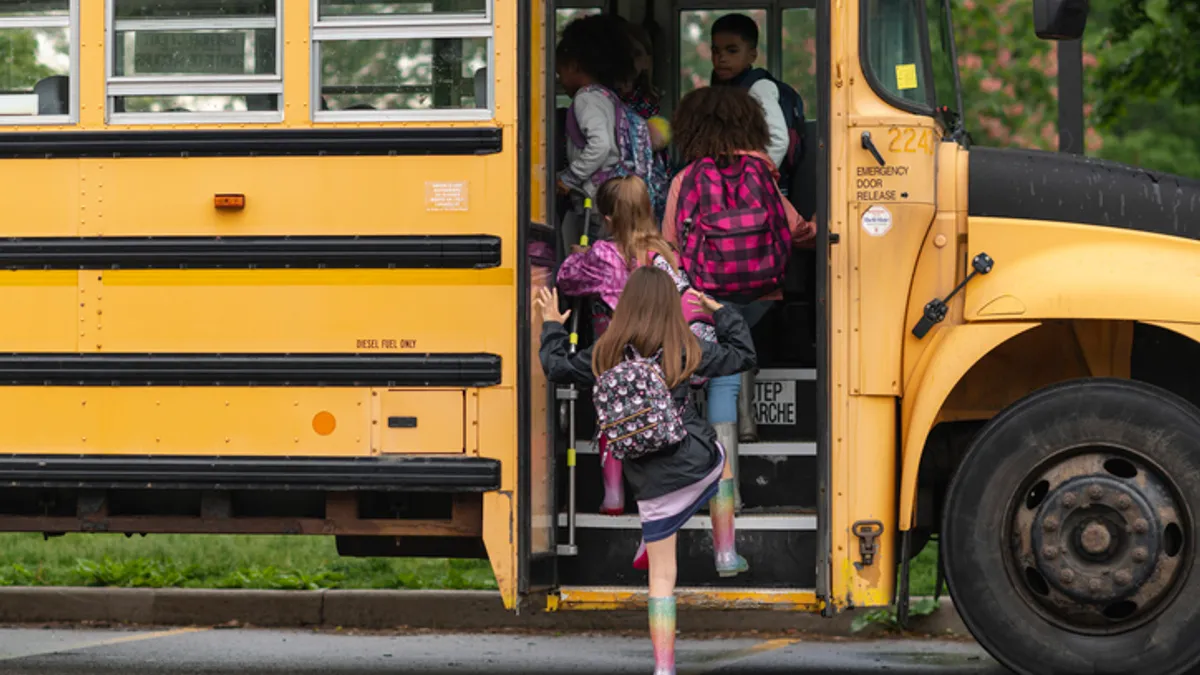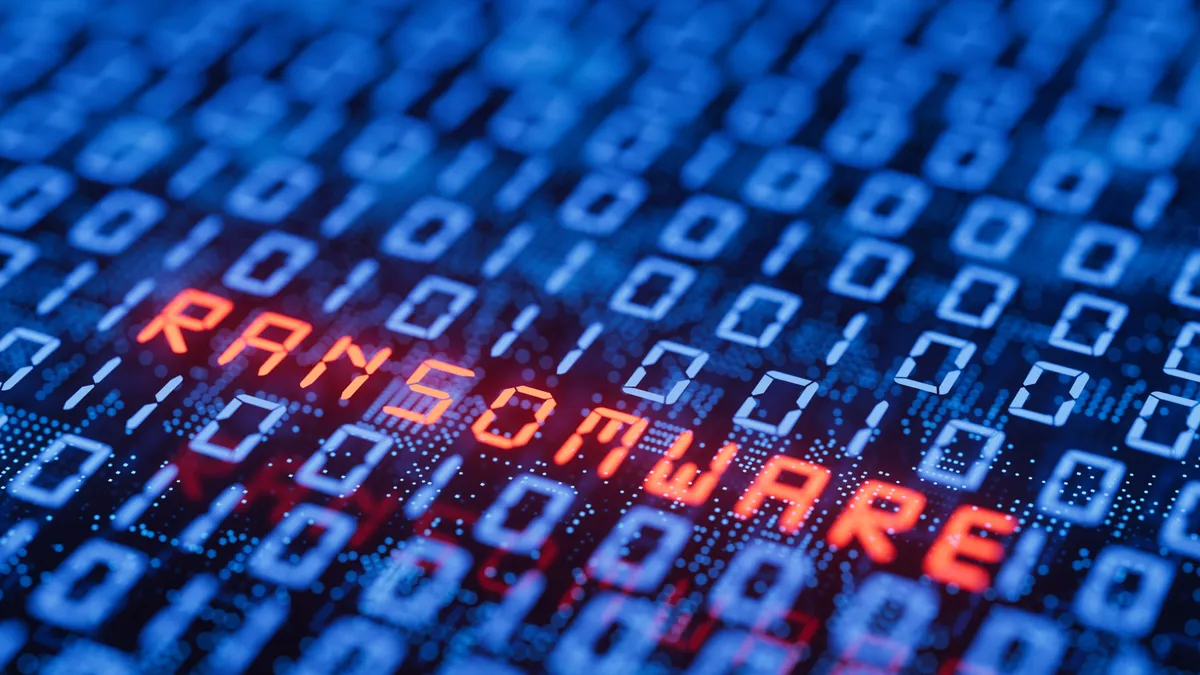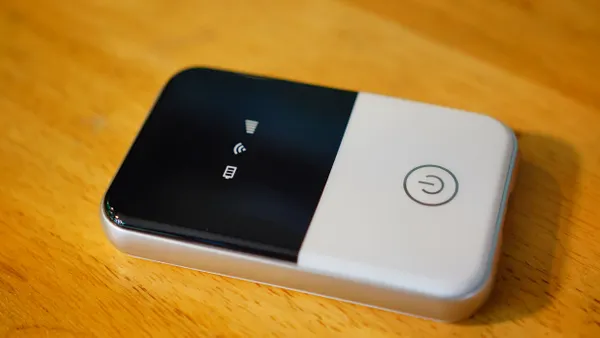The Federal Communications Commission voted 2-1 Tuesday to remove both school bus Wi-Fi and internet hotspot services from eligibility for federal E-rate funds.
The move means schools and libraries will no longer be able to receive discounts on these services, as allowed under an E-rate expansion approved under the Biden administration. FCC Chairman Brendan Carr called for the vote to reverse the expansion earlier this month.
The vote comes as schools have expressed high demand to use E-rate funds for school bus Wi-Fi and hotspots. During fiscal year 2025, schools and districts requested $42.6 million to use E-rate funds for hotspots and $15.3 million for school bus Wi-Fi, according to federal data.
The commission’s Tuesday decision directs the Universal Service Administrative Company, which administers E-rate funds, to deny any pending funding requests for both services for FY 25, including the 2025-26 school year, a FCC spokesperson told K-12 Dive.
Because of Tuesday’s vote, it’s expected that schools and libraries will not receive any federal reimbursements through E-rate to cover costs for school bus Wi-Fi and hotspots as requested for FY25, said Michael Flood, who consults on E-rate services and is founder and CEO of technology consulting firm Alpine Frog.
Districts still haven’t received funding commitment decision letters for E-rate coverage for school bus Wi-Fi and hotspots, Flood said. This means that most districts that already paid for these services for the 2025-26 school year will have to find other funding streams to make up for lost reimbursement under E-rate, he said.
And as a result, Flood said, many school districts “will suffer” from the costs of this sudden change.
When the FCC approved the E-rate expansion to include school bus Wi-Fi in 2023 and hotspots in 2024, then-FCC Chairwoman Jessica Rosenworcel said those additions would help close the “homework gap” for students who lack internet connections at home and could consequently fall behind.
At the time, Carr — as an FCC commissioner — voted against both measures. During Tuesday’s vote at an open commission meeting, the now-FCC chairman doubled down on those dissents, saying that the expansions violated the Telecommunications Act of 1996 that established the E-rate program. The law, Carr said, called for using E-rate funding to enhance access to telecommunications services in classrooms and libraries.
“A school bus is neither,” Carr said in Tuesday’s meeting. “We cannot simply reinterpret the statutory term ‘classrooms’ to mean any place where learning might occur.”
FCC Commissioner Anna Gomez, a Democrat who cast the sole dissenting vote on Tuesday, said during the meeting that Congress had indeed authorized the FCC to update the E-rate program over time and designate additional services as technology evolves.
“It would be incredibly naive for us to think that in our post-pandemic world, learning has returned to solely in-person and on paper,” Gomez said. “It is safe to say the landscape of communications technology has changed dramatically throughout the life of the E-rate program.”
Advocates of the E-rate program strongly opposed the FCC’s reversal.
All4Ed, a coalition of national education and advocacy organizations, said in a Tuesday statement that eliminating funds supporting school bus Wi-Fi and hotspots “will impose unnecessary costs and confusion on schools, libraries, and families.”
The E-rate expansions helped “to narrow the ‘Homework Gap’ and ensure learners have the connectivity they need to succeed, regardless of income, geography, or background,” the coalition said.
Just a day before the FCC vote, 52 House and Senate Democrats wrote to Carr denouncing his calls to reverse E-rate funds for school bus Wi-Fi and hotspots. Their letter added that the FCC should ensure that E-rate applicants expecting funds for these services be reimbursed “as promised.”
Meanwhile, Sen. Ted Cruz, R-Texas, led a measure in the Senate earlier this year that was approved 50-38 along party lines to overturn the FCC's 2024 decision to cover hotspots under E-rate.
Following that May vote on a resolution of disapproval under the Congressional Review Act, Cruz said in a statement that the FCC’s E-rate expansion “was illegal, harmful to children, duplicative of other government programs, and a blatant overreach by a partisan agency acting in defiance of Congress.”
Hotspots, Cruz said, could expose students to inappropriate content and prevent parents from controlling the content their children access online.
But Gomez noted during Tuesday's FCC meeting that schools receiving E-rate funds are already required to protect students from harmful content on school-issued devices and networks through the Children’s Internet Protection Act, a law enacted by Congress in 2000.






 Dive Awards
Dive Awards















